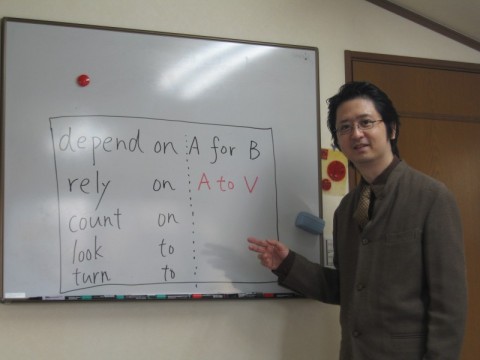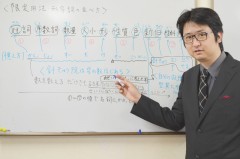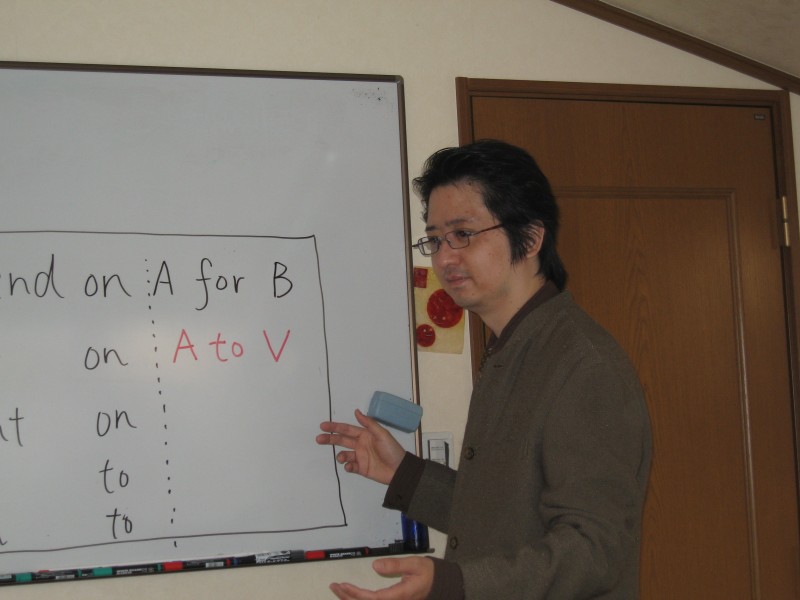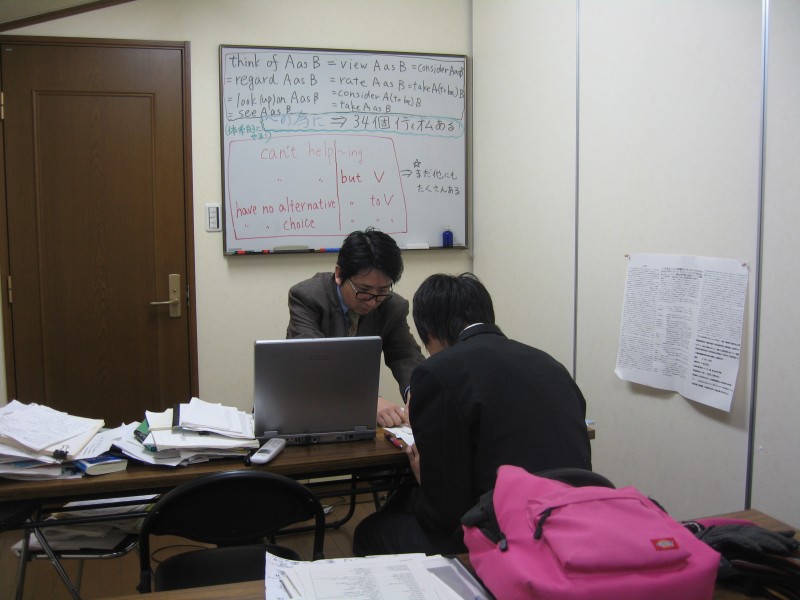共にITO・ACADEMYで働いてくれる講師を募集中です。
例えば以下のような経歴の講師の先生は大歓迎いたします。

中京法律専門学校、名古屋予備校などで20年程、務めさせていただいた。他からも要請がある。河合塾ライセンススクール・名古屋DDP予備校・東海学園大学・せいりん館高校、愛知学院歯学部講演会、早稲田予備校、志門塾【岐阜駅そば】、中津川予備校、さくらYELL予備校(恵那駅そば)、大志塾AXIS予備校(江南駅、滝高校生成績上位者のみ)セントヨゼフ、名英予備校、東京リーガルマインド(LEC)東京サクセス浜松校、田村塾【三重県津市で一番有名な塾】からの要請である。
【募集内容】
大手予備校人気講師歴が長い方や名門私立高校の先生だった方
医科系予備校講師、学者、塾講師経験者などでやる気のある方
■あなたの裁量で授業を構成
決められたマニュアルにただ従うのではなく、授業の内容をあなたの裁量で自由に構成することができます。自分が受験生だったときに思った「○○だったらいいのにな」を実践できる場です。講師は、学力は当然のことながら、熱意とプライドが最も必要とされる資質。日々、学力や講義能力のレベルアップをはかりながら、「絶対合格させるんだ!」という強い気持ちを持ち続けることが大切です。重い責任も伴いますが、大きなやりがいと達成感のある仕事。ぜひ力強い指導で、生徒を合格に導いてください。
※上記の内容の方は大歓迎です
経験者優遇。
時給応相談!元予備校人気講師とマンツーマン。個人塾最高水準の高時給で好待遇。
<時給例>
1)講師 TOEIC満点。時給5000円以上。
2)国連英検特A級取得者かつ英検1級、ビジネス英検など。時給3000円以上。
[1] 全学年全科目を教えられる人;重宝します。
[2] 解答力だけでなくむしろ教えるプロセスがうまい方、好待遇
[3] 私立高校でNEW TREASUREを全学年教えた経験のある方、優遇。
[4] 中堅予備校で人気№1が23年以上続いて今でも続いている方急募。
[5] 大手予備校人気講師経験者でご自分も塾の経営をされたことがある方優遇。
例えば以下のような経歴をお持ちの講師の先生は大歓迎いたします。

中京法律専門学校、名古屋予備校などで20年程、務めさせていただいた。他からも要請がある。河合塾ライセンススクール・名古屋DDP予備校・東海学園大学・せいりん館高校、愛知学院歯学部講演会、早稲田予備校、志門塾【岐阜駅そば】、中津川予備校、さくらYELL予備校(恵那駅そば)、大志塾AXIS予備校(江南駅、滝高校生成績上位者のみ)セントヨゼフ、名英予備校、東京リーガルマインド(LEC)東京サクセス浜松校、田村塾【三重県津市で一番有名な塾】からの要請である。
詳しい詳細はメールまたはお電話にてお問い合わせください。
| 募集職種 | 非常勤講師 |
| 指導対象 | 私立・国立・医学部を目指す大学受験生 高校入試対策、 中学入試対策、 学校の補講対策、 不登校の方のための家庭教師派遣業(小学・中学・高校・大学・大人、院生) 医学部編入試験対策をしたい社会人の方 |
| 授業形式 | 少人数制授業および1対1の個別授業 |
| 募集科目 | 英語・数学・物理・化学・生物・小論文・国語・算数 ・理科・社会・日本史・世界史・地理・政治経済・地学 |
| 勤務地 | 地下鉄桜通線 車道駅 下車 徒歩6分 |
| 待 遇 | 応相談 |
| 募集期間 | 随時選考しております。 |
| 選考方法 | 1.書類審査 2.面接,筆記試験,模擬授業 |
| 応募方法 | 履歴書(写真貼付・希望科目明記)を下記までお送り下さい。 〒461-0003 名古屋市東区筒井2-4-52 3F |
■■□―――――――――――――――――――□■■
超完全マンツーマンで授業を行う学習塾、予備校です。
時間制限が無い授業は生徒が理解できるまで徹底的に指導いたします。
ITO・ACADEMY
【住所】 愛知県名古屋市東区筒井2丁目4-52 3F
【TEL】 052-931-3987
【お問い合わせ方法】 電話またはメールフォームをご利用下さい。
【開講時間】 10:00~22:00
例えば以下のような履歴をお持ちの講師を求めます

中京法律専門学校、名古屋予備校などで20年程、務めさせていただいた。他からも要請がある。河合塾ライセンススクール・名古屋DDP予備校・東海学園大学・せいりん館高校、愛知学院歯学部講演会、早稲田予備校、志門塾【岐阜駅そば】、中津川予備校、さくらYELL予備校(恵那駅そば)、大志塾AXIS予備校(江南駅、滝高校生成績上位者のみ)セントヨゼフ、名英予備校、東京リーガルマインド(LEC)東京サクセス浜松校、田村塾【三重県津市で一番有名な塾】からの要請である。
■■□―――――――――――――――――――□■■











